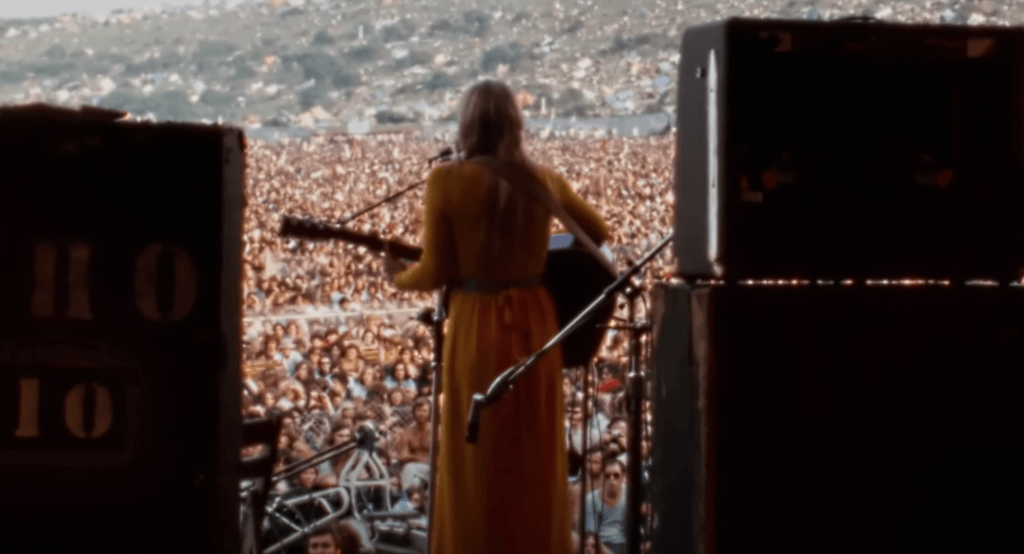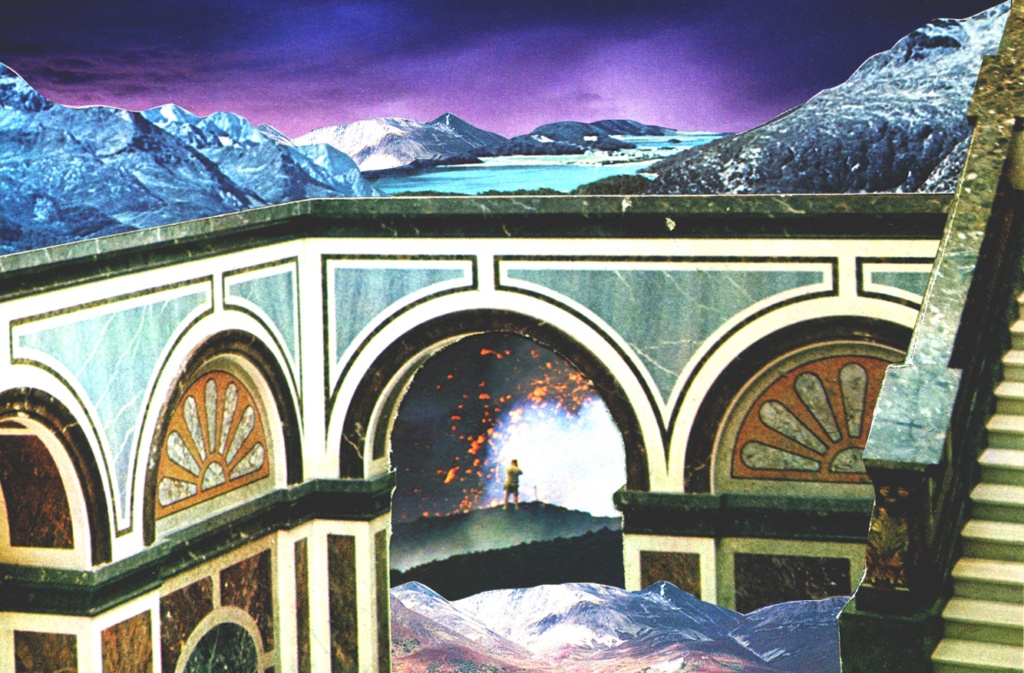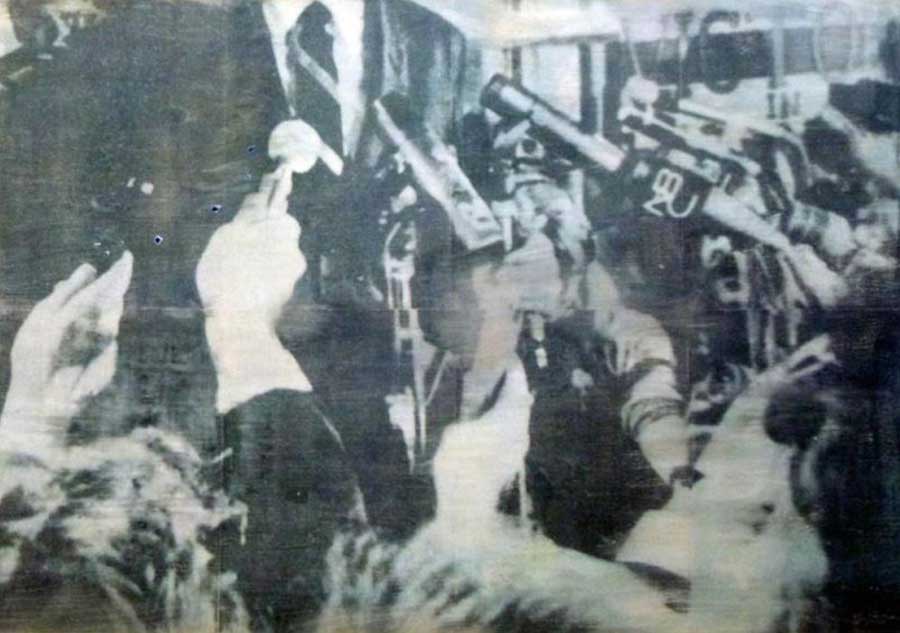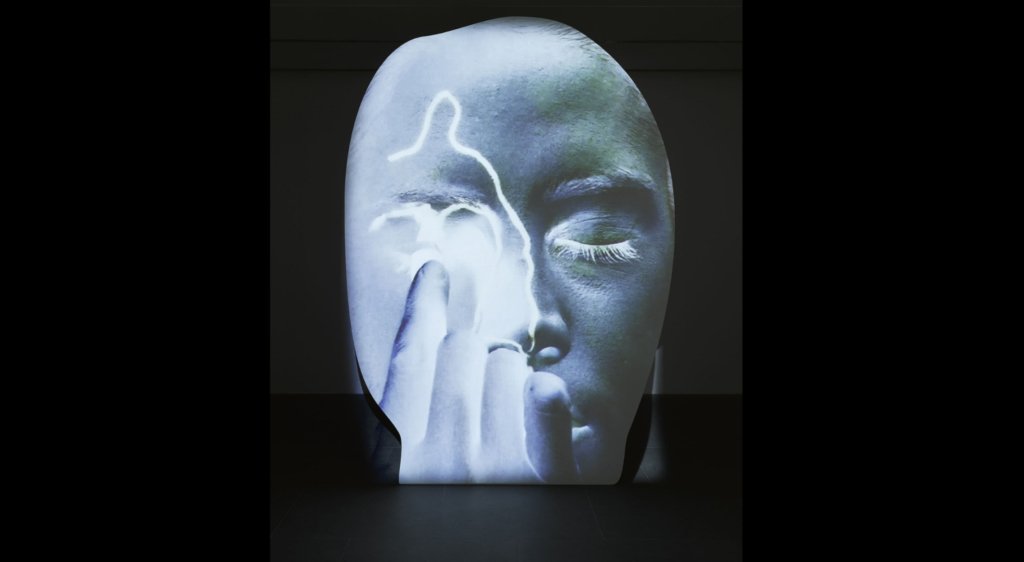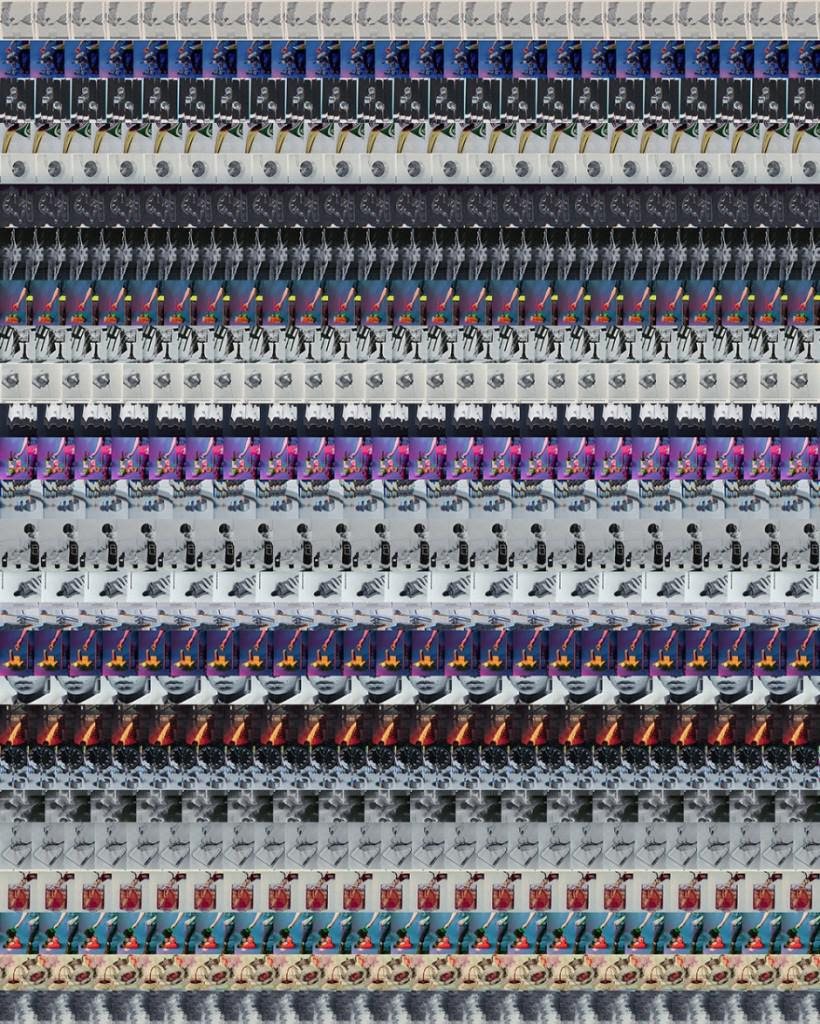The Presence of the Original
The underlying aim of NFTs is to empty content of whatever it contains that makes it circulate and reduce instead to a moment of property, an assertion of the self who owns it over its potential social significance. That is, NFTs make the social significance of any digital artifact the simple fact that it can be owned and valued. Cash is king.
Posing With the Flag
Getting people to adhere to difficult and inconvenient protocols for longer and longer periods of time will involve more and not less ideology. That makes it a decidedly bad time for paranoid readings, which in the end invite apathy instead of vigilance. It seems trivial to expose acts of concern as mere performances, as if they weren’t always at least that.
I Believe This Is My Festival
No one is more modern, more of “the real world” it presumes, than someone whose authenticity has been challenged; whereas those labeled authentic are consigned to stereotypes, to being objects required to signify whatever experience they are consumed to represent. Being “real” in modernity means being a tourist; Instagram is a means for allowing every life moment to be packaged as a touristic occasion.
Potemkin AI
AI has become a label startups use to make their service seem innovative and disruptive, whether it uses machine learning or not. The inflated claims of what AI can achieve has fed an investment bubble and helped normalize the ways “smart” systems use intrusive surveillance.
Breaking News
True Crime
Emotional Overdrive
Movies
Beyond Machine Sight
On those nights when I have stayed up too late, binge-watching shows on Netflix or scrolling through Twitter, I have the disturbing sensation that the rest of my body has ceased to exist, and I am nothing but a giant eyeball, absorbing signals from my screen. Something similar happens in the way digital technology is often discussed. Its more obvious engagement with sight distracts us from what is going on both beneath the screen and beyond our retinas.


